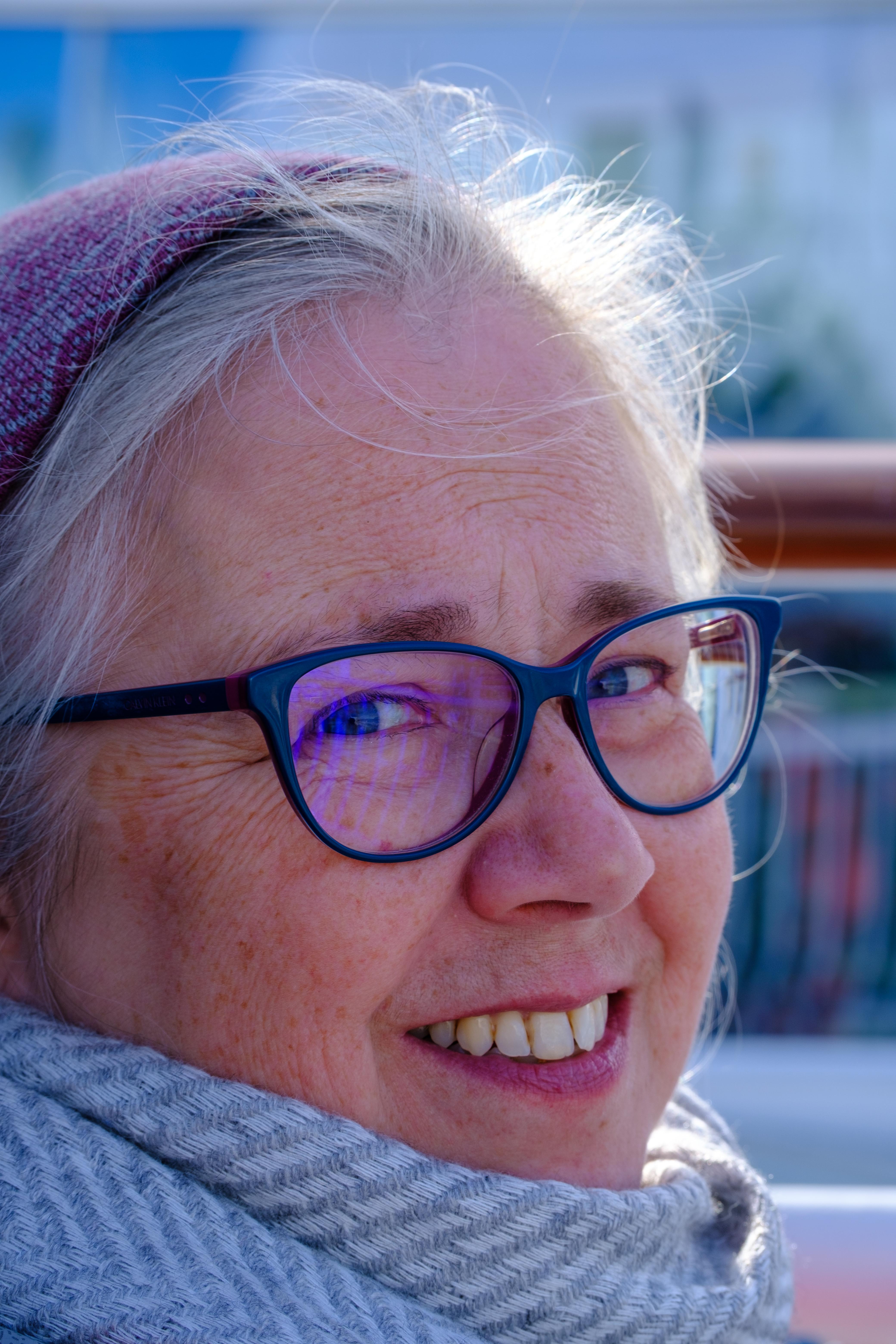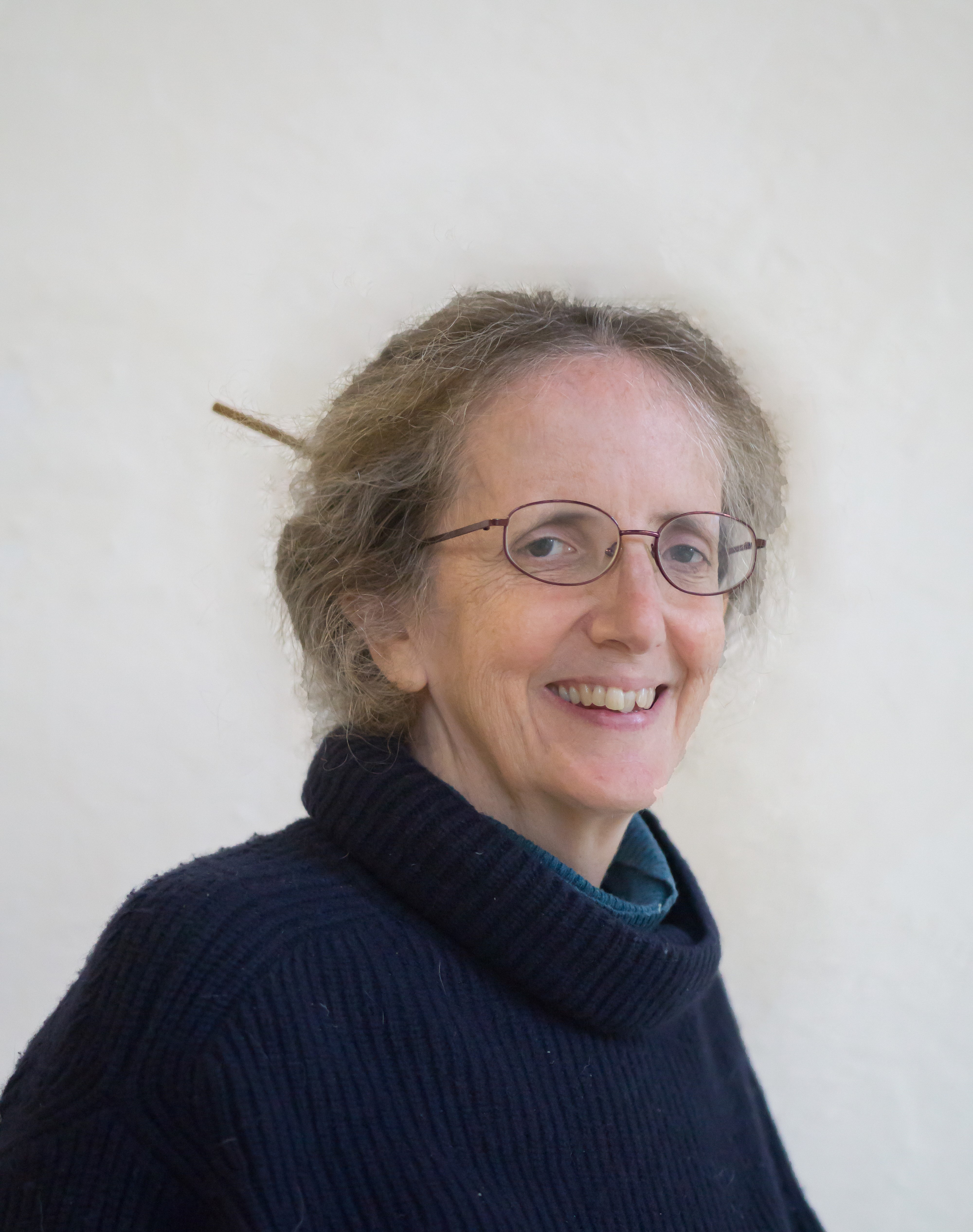Conversations, Culture and Communion: Networking for Church Vitality and Health
After Boundary Breaking…
In the Spring of 2024, the Boundary Breaking Project into clerical sexual abuse in the Catholic Church in England and Wales published its major report: The Cross of the Moment. This report gave an account of powerful testimonies from across our Catholic communities – survivors, affected parishioners, clergy, religious, and church leaders; but in doing it so raised questions about our church life more broadly. In the light of the stories of sexual abuse and its mishandling, certain habits, practices, and ways of thinking came to light as implicated in the cultures which contributed to these crimes and the pastoral and legal failings that often surrounded them. As we learn from the report, we can see that there are deeply rooted aspects of our life together which we need to consider and grow from. Only in this way can we ensure we nurture communities of vitality, kindness, safety, and authentic practices of love and care.
The Cross of the Moment points to a range of areas for further engagement, including:
- how we experience and exercise different kinds of power in the Catholic Church;
- how our vocations as ordained, lay, and religious are lived in mutually life-giving ways;
- how we practice justice, care, and participation for those hurt and damaged within our communities;
- how we identify and remedy practices which undermine healthy relationships and working together for God’s mission.
A new project: aims and methods
To respond to these challenges – and others that will no doubt emerge – a new three-year project has been initiated out of the Centre for Catholic Studies, Durham University. The Conversations, Culture, and Communion project focusses on developing networks, and deepening conversations within and across these networks, to enable collective learning and fresh understanding around these complex topics. This shared process of learning is directed towards a deeper living of the Christian call to authentic love, trust, and safety for all, fostering healthier and more vital communities. In its conversational, participatory methods and its commitment to the renewal of church life, we believe the project complements the universal call to embed synodality in all that we do.
Following in the steps of The Cross of the Moment, we seek to centre a diversity of voices and experiences within and outside of the Catholic Church which can enable the kinds of changes in culture that are needed to deepen and sustain our communion in Christ, and mission in the Spirit. Informed by theology, social sciences, psychology, and – above all – by the wisdom of those with lived experience, we will facilitate conversations, networks, and participative projects with the following three core aims:
- To enable multi-faceted, creative, and collaborative dissemination of the insights from The Cross of the Moment, and wider Boundary Breaking Project learning;
- To establish, nurture, and develop networks across the Catholic Church in England and Wales, widely understood, in order to promote mutual support and conversation. Such networks can in these ways generate renewed knowledge and understanding from practice and interdisciplinary reflection;
- To design and facilitate participative research aimed at contributing to fresh understanding, theologically and practically, of what is needed for our Catholic communities to be renewed in health and vitality.
Conversation partners
We are planning our work to focus initially on engagement with three key constituencies, whose experiences and wisdom seem especially pertinent to the themes and challenges identified in Boundary Breaking and its reports:
- Survivors of abuse, survivor-led groups, and those working with survivors.
- Young people and those ministering with young people.
- Clergy and lay leaders, and those working to support their well-being, formation and training.
We are very open to hearing from anyone interested in this work, especially if you feel you have experience, expertise, and / or practical wisdom that touches on the questions outlined here. Please contact Clare Watkins: Clare.Watkins@durham.ac.uk for further conversations.
Looking ahead
As our work and networks develop we will update this website with materials and notice of events. What we have described here is an initial account of how we see the project. By its very nature it will develop ‘organically’ and in response to what is learned as we go, and we welcome comments on its aims and methods as we seek to co-design work that will benefit a range of communities and groups.
The Team
Professor Clare Watkins
Lead Researcher
Professor Karen Kilby
Centre for Catholic Studies Director
Professor Paul Murray
Systematic Ecclesiology Lead
William Mattiello Kent
External Adviser
Porticus UK
Funding
The project has been generously funded by:


/prod01/prodbucket01/media/durham-university/research-/research-centres/catholic-studies-centre-for-ccs/Franciscan-Studies-Summer-School-1-2395X1026.jpg)
/prod01/prodbucket01/media/durham-university/research-/research-centres/catholic-studies-centre-for-ccs/Clare-Watkins-pic-2023.jpg)
/prod01/prodbucket01/media/durham-university/research-/research-centres/catholic-studies-centre-for-ccs/Karen-Kilby-2023.jpg)


/prod01/prodbucket01/media/durham-university/research-/research-centres/catholic-studies-centre-for-ccs/Paul-Murray-(2023)---Fokke-Woude.jpg)
/prod01/prodbucket01/media/durham-university/departments-/mathematical-sciences/Blank-profile-INK.png)
---Fokke-Woude.jpg)
